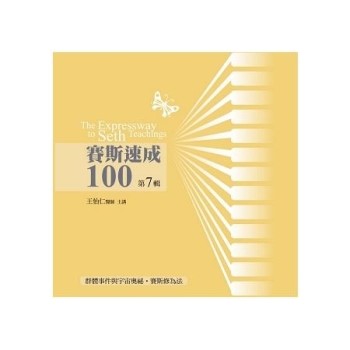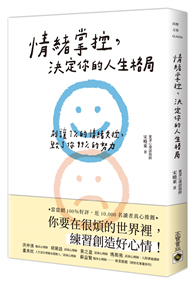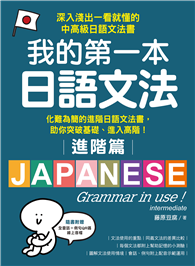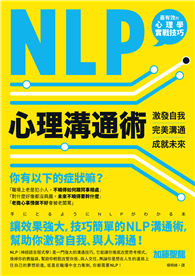Children of different ages live in different worlds. This is partly due to learning: as children learn more and more about the world they experience it in different ways. But learning cannot be the whole story or else children could learn anything at any age - which they cannot.
In a startlingly original proposal, Michael Tomasello argues that children of different ages live and learn in different worlds because their capacities to cognitively represent and operate on their experience change in significant ways over the first years of life. These capacities change because they are elements in a maturing cognitive architecture evolved for agentive decision making and action, including in shared agencies in which individuals must mentally coordinate with others. The developmental proposal is that from birth infants are goal-directed agents who cognitively represent and learn about actualities; at 9 -12 months toddlers become intentional (and joint) agents who also imaginatively and perspectivally represent and learn about possibilities; and at 3-4 years preschool youngsters become metacognitive (and collective) agents who also metacognitively represent and learn about objective/normative necessities. These developing agentive architectures - originally evolved in humans’ evolutionary ancestors for particular types of decision making and action - help to explain why children learn what they do when they do. This novel agency-based model of cognitive development recognizes the important role of (Bayesian) learning, but at the same time places it in the context of the overall agentive organization of children at particular developmental periods.| FindBook |
有 1 項符合
Agency and Cognitive Development的圖書 |
 |
Agency and Cognitive Development 作者:Tomasello 出版社:Oxford University Press 出版日期:2024-12-28 語言:英文 規格:精裝 / 224頁 / 普通級/ 初版 |
| 圖書館借閱 |
| 國家圖書館 | 全國圖書書目資訊網 | 國立公共資訊圖書館 | 電子書服務平台 | MetaCat 跨館整合查詢 |
| 臺北市立圖書館 | 新北市立圖書館 | 基隆市公共圖書館 | 桃園市立圖書館 | 新竹縣公共圖書館 |
| 苗栗縣立圖書館 | 臺中市立圖書館 | 彰化縣公共圖書館 | 南投縣文化局 | 雲林縣公共圖書館 |
| 嘉義縣圖書館 | 臺南市立圖書館 | 高雄市立圖書館 | 屏東縣公共圖書館 | 宜蘭縣公共圖書館 |
| 花蓮縣文化局 | 臺東縣文化處 |
|
|
圖書介紹 - 資料來源:博客來 評分:
圖書名稱:Agency and Cognitive Development
內容簡介
作者簡介
Michael Tomasello, James Bonk Distinguished Professor of Psychology, Duke University
Michael Tomasello is Professor of Psychology and Neuroscience at Duke University, and emeritus director at the Max Planck Institute for Evolutionary Anthropology in Leipzig. His research focuses on processes of cooperation, communication, and cultural learning in human children and other great apes. His many publications include Primate Cognition (OUP, 1997), Why We Cooperate (MIT Press, 2009), Becoming Human: A Theory of Ontogeny (Harvard University Press, 2019), and The Evolution of Agency (MIT Press, 2022).
|











